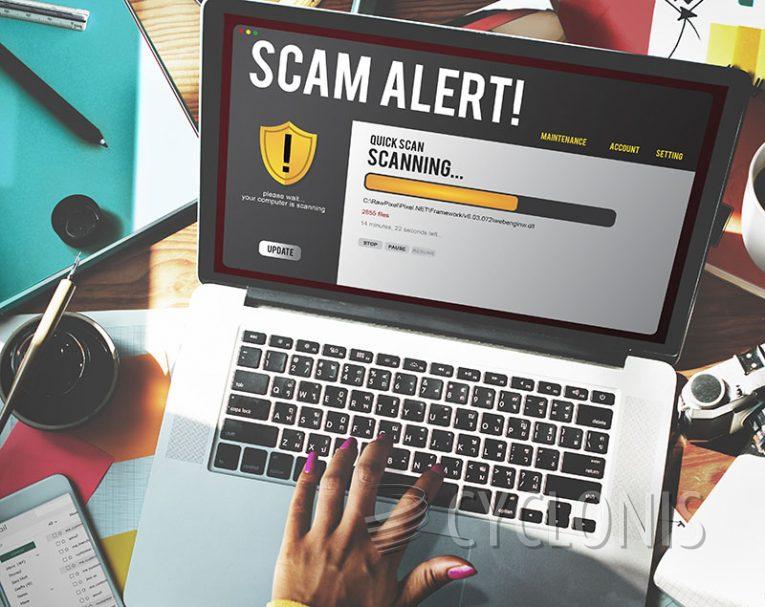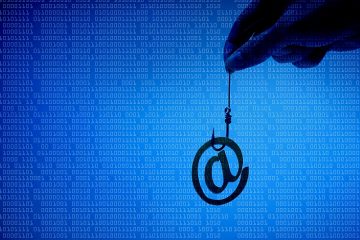Beware of the "Two-Factor Authentication (2FA)" Email Scam

Cybercriminals continue to exploit user trust with deceptive emails, and the so-called "Two-Factor Authentication (2FA)" email is a prime example. This spam message masquerades as an urgent request to enhance account security but is, in fact, a phishing attempt designed to steal login credentials.
Table of Contents
How the “Two-Factor Authentication (2FA)” Email Scam Works
The phishing email typically arrives with a subject line like "Secure Your Account with 2FA Now," urging recipients to enable two-factor authentication to prevent service disruptions. While the message appears legitimate, it has no connection to any genuine service providers.
The email directs recipients to a phishing website disguised as a login page, often bearing a logo from a known service, such as Zoho Office Suite. Any login credentials entered on this site are captured by scammers.
Potential Consequences of Falling for the Scam
Email accounts are common phishing targets because they often contain sensitive information and serve as gateways to other platforms. If scammers gain access to an email account, they can:
- Steal personal information: Access data stored in emails, such as billing details or sensitive correspondence.
- Hijack accounts: Compromise other platforms linked to the email, including social media, banking, or e-commerce services.
- Spread malware: Use the hijacked account to send malicious files or links to contacts.
- Commit fraud: Request loans or donations from contacts or engage in unauthorized transactions.
Trusting this type of scam can result in severe privacy breaches, financial losses, and identity theft.
Examples of Similar Phishing Scams
The "Two-Factor Authentication (2FA)" email scam is not unique. Other phishing campaigns, such as "Blockchain Rewards," "Server Detected Network Error #404," and "Payroll Report Status," share similar goals. These scams seek to steal login credentials, financial data, or personal information and often use spam emails to distribute malware.
How Phishing Campaigns Spread Malware
Phishing campaigns often include malicious attachments or links, which can take various forms, such as:
- Documents: Microsoft Office files requiring users to enable macros or OneNote documents with embedded links.
- Executable files: Files with extensions like .exe or .run.
- Archives: Compressed files in formats like ZIP or RAR.
- JavaScript files: Scripts that execute malware upon opening.
Interacting with these files can initiate a chain of events leading to malware installation, compromising the security of the victim’s device.
How to Protect Yourself
To safeguard against phishing scams and malware infections:
- Be cautious with emails: Avoid opening attachments or clicking links in suspicious or unsolicited messages.
- Verify sources: Check the sender’s email address and scrutinize the message for signs of fraud, such as urgency or poor grammar.
- Avoid unverified downloads: Only download software from official, trusted sources.
- Enable security software: Install and maintain a reputable antivirus program, and perform regular system scans.
- Update your software: Use genuine tools provided by official developers to activate and update your programs.
If you suspect you’ve entered credentials on a phishing site, immediately change your passwords and contact the official support channels of the affected accounts.
The "Two-Factor Authentication (2FA)" email scam is a stark reminder of the importance of vigilance in the digital age. By staying alert and following best practices for cybersecurity, you can protect yourself from phishing attacks and other online threats. If you’ve interacted with a malicious email, act swiftly to mitigate potential damage and secure your accounts.








